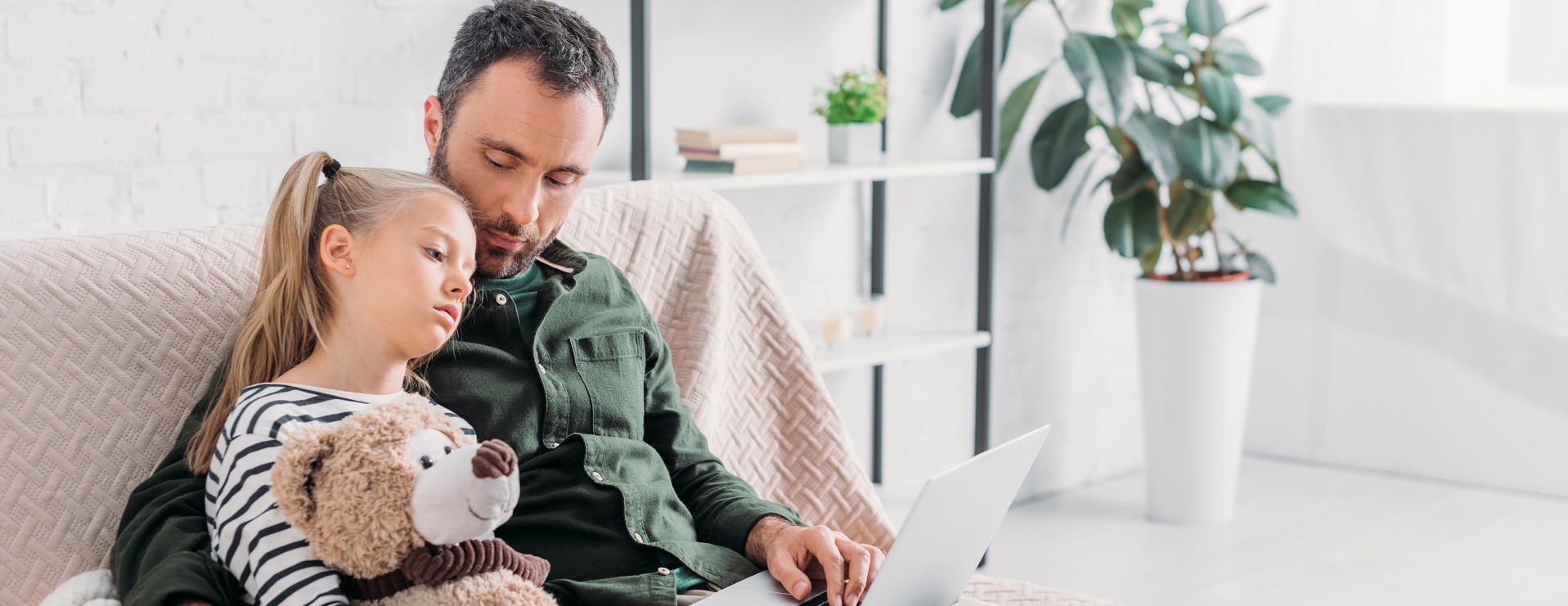
Managing childcare arrangements for separated couples during the coronavirus outbreak

John Osborne, head of Harrison Drury’s divorce and family law team, reviews childcare arrangements during coronavirus and offers guidance for separated couples, after new guidance was issued by the Family Court.
Article last updated March 25, 2020
On March 24, 2020, the Family Court issued guidance on compliance with court Child Arrangements Orders following the heightened government restrictions. The Right Honourable Sir Andrew McFarlane, President of the Family Division issued a statement stating:
- Parental responsibility for a child who is the subject of a Child Arrangements Order made by the Family Court rests with the child’s parents and not with the court:
- The expectation must be that parents will care for children by acting sensibly and safely when making decisions regarding the arrangements for their child in deciding where and with whom the child spends time:
- Whilst the Stay at Home Rules, issued on March 23, 2020 by the government, have made the general position clear, further guidance was issued alongside these rules dealing specifically with child contact arrangements. It reads: ‘where parents do not live in the same household, children under 18 can be moved between their parents’ homes’. (This therefore creates an exception):
- Whilst this is an exception, it does not, however, mean that the children must be moved between homes. The decision whether a child is to move between homes is for the parents to make after a sensible assessment of the circumstances including the child’s present health, the risk of infection and the presence of any recognised vulnerable individuals in one household or the other:
- The best way to deal with these difficult issues is for parents to communicate with one another about their worries and what they think would be a good practical solution. It is of course feasible that one parent may think that maintaining the existing arrangements is safe to do, while the other may not:
- Parents should be free to vary existing child arrangements, whether under a court order or not, by agreement. It would be sensible to record any changes in a note, email or text message, shared between them:
- Where parents do not agree to vary arrangements, but one parent is sufficiently concerned that complying with the existing arrangements would be against current health advice, that parent may exercise their Parental Responsibility to alter the arrangements to something that they consider to be safe. If, after the event, the actions of that parent are questioned by the other in court, the court is likely to look to see whether each parent acted reasonably and sensibly in light of the official advice and the stay at home rules in force at that time:
- The court will expect parents to look at alternative ways of maintaining contact between children and parents including use of FaceTime, WhatsApp, Skype, Zoom or other video connection or, if that is not possible, by telephone.
The President gave a key message which is that where coronavirus restrictions cause the letter of the court order to be varied, the spirit of the order should nevertheless be delivered by making safe alternative arrangements.
Harrison Drury’s family team has extensive experience in dealing with issues around child arrangements.
If you are a parent and unsure about what to do in the current circumstances, and you have existing child arrangements to comply with, Harrison Drury will offer a free review of your existing child arrangements and court orders that may be in place.
Given the current social distancing measures, we can provide advice by various means including email, telephone, FaceTime or Skype in order to help you.
To arrange an initial no-obligation consultation please call us on 01772 258321.
